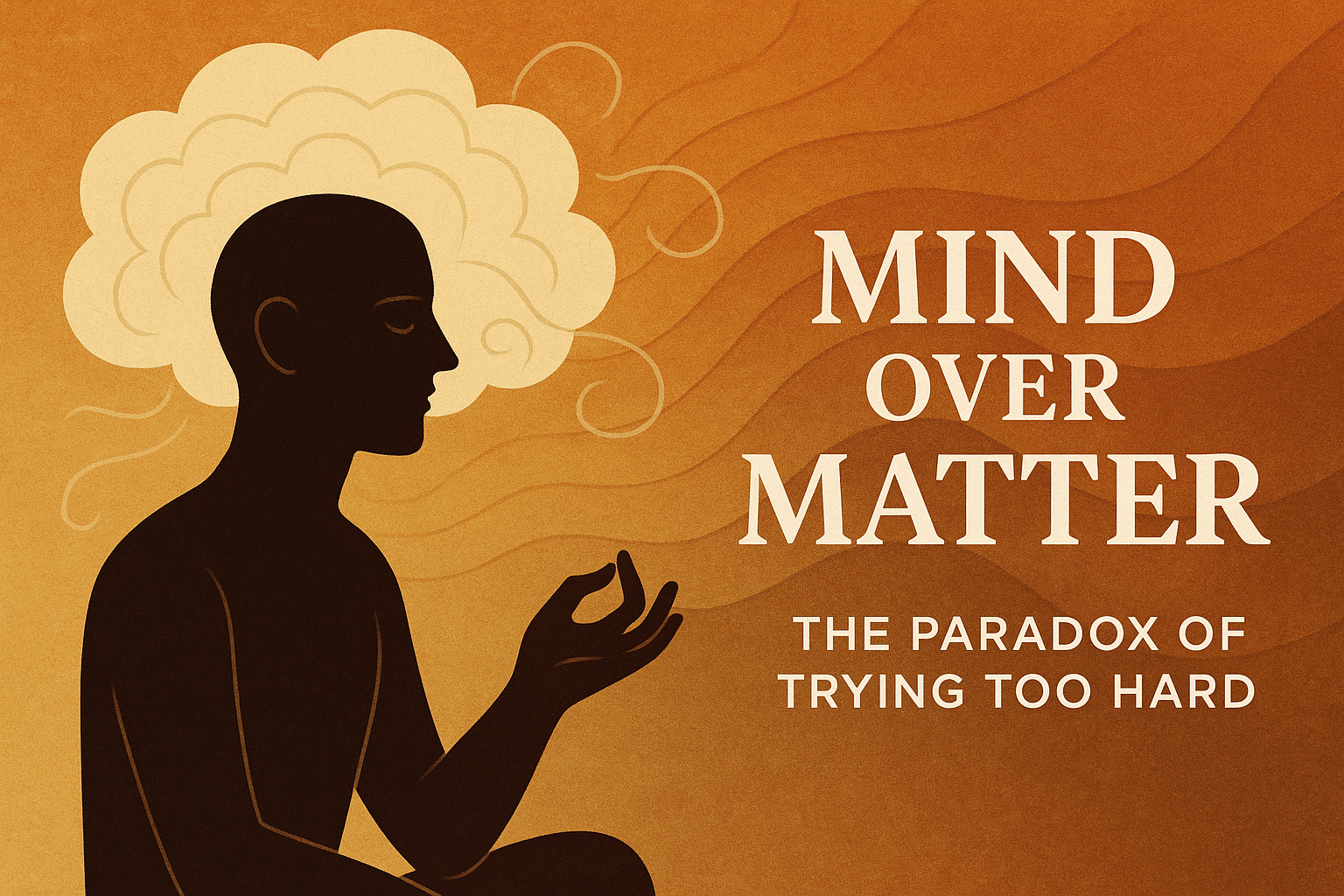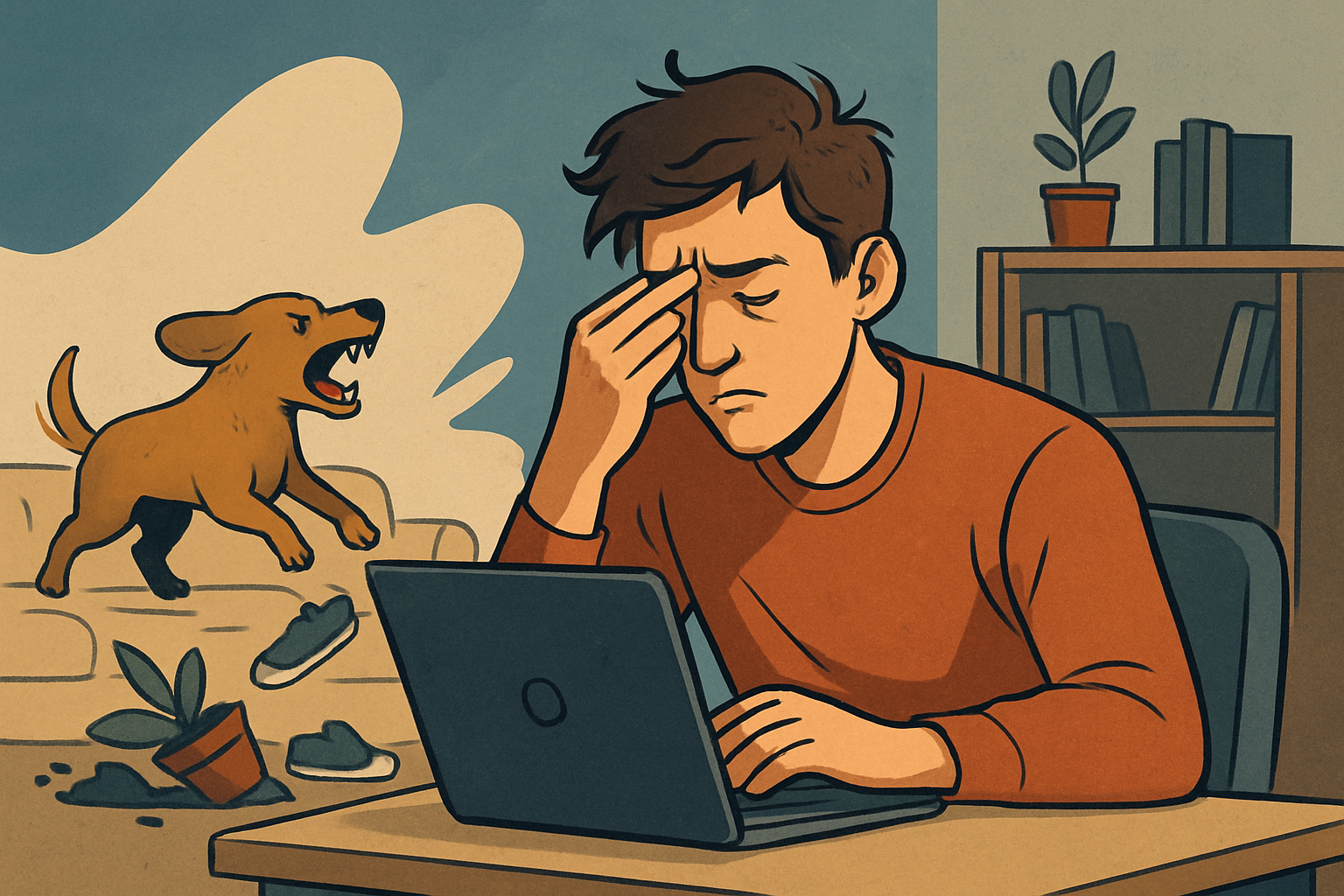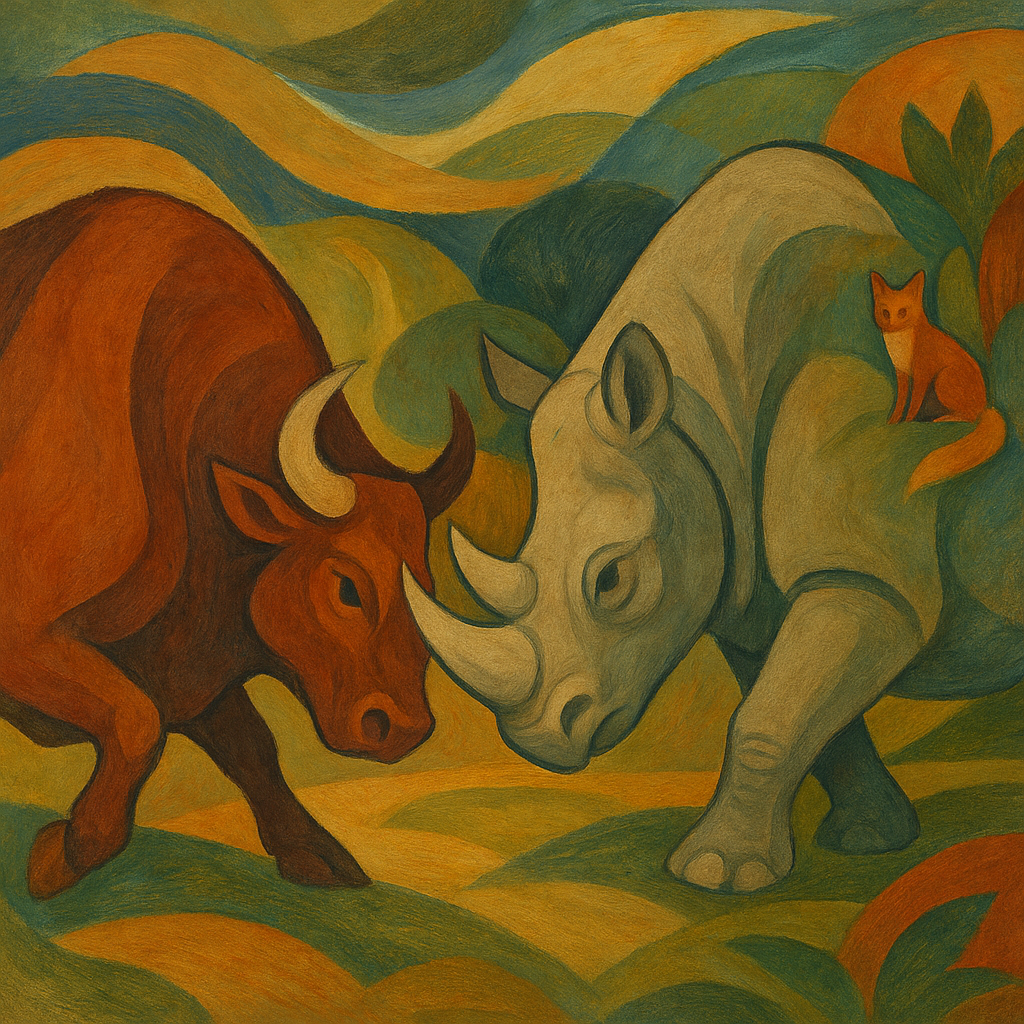The Essence of Freedom
Courage, Choice, and Consequence

Freedom is often seen as a fundamental right, yet its true essence goes beyond the mere absence of constraints. It is a God-given aspect of life that encompasses the courage to think and act, even in the face of potential consequences. Understanding freedom as both a gift and a responsibility can transform our approach to life and the choices we make.
The Nature of Freedom
At its core, freedom is about choice. While we may have the ability to act freely, every action carries consequences. This doesn’t mean freedom is inherently restrictive; rather, it empowers us to make decisions aligned with our values. True freedom requires courage, as not everyone is willing to embrace the risks that come with acting on their beliefs. Many may prefer the comfort of conformity, fearing the repercussions of stepping outside societal norms.
Personal Expression through Freedom
For me, freedom manifests in my ability to express my thoughts and ideas through BeeVined LLC. I am grateful for living in a country that upholds freedom of speech and thought, allowing me to disseminate information without restriction. This freedom encourages creativity and innovation, enabling individuals to share their unique perspectives and contributions.
Accepting Consequences
It’s crucial to recognize that every action, whether taken freely or under compulsion, has consequences. The willingness to accept potential outcomes is an essential aspect of true freedom. Understanding the worst-case scenario allows us to evaluate whether the risk is worth taking. It is through this lens that we can find the courage to act, knowing that our choices are valid and significant.
Internal Freedom
Freedom is not only about external actions; it also encompasses our internal choices. We have the autonomy to think differently from societal expectations, accepting the consequences of our thoughts and beliefs. The freedom of thought remains unbounded by external forces, empowering us to explore ideas without restriction. This internal freedom can be a sanctuary, enabling us to navigate life with a sense of ease.
Overcoming Obstacles
One of the primary obstacles to experiencing freedom is the fear of embarrassment or ridicule. The concern about how others perceive us can stifle our willingness to act freely. Recognizing this fear allows us to challenge it, reminding ourselves that living authentically is more fulfilling than conforming to others' expectations.
Practical Applications of Freedom
An everyday example of embracing freedom is the decision to take breaks—whether from work, social obligations, or technology. Choosing to step back, even when it might be met with disapproval, underscores the essence of freedom. The break becomes worthwhile when it fosters well-being and rejuvenation, demonstrating that freedom is about prioritizing what matters to us.
Living Openly and With Ease
Once we accept that freedom entails both choice and consequence, we can approach life with a greater sense of openness. Understanding this duality allows us to navigate life’s complexities with ease, knowing that our choices contribute to our unique journey.
Confronting Fear
Fear often dissipates when we recognize that the desire for freedom outweighs the discomfort of uncertainty. When we prioritize our freedom to act and express ourselves over the fear of punishment, we create space for authentic living. Embracing our freedom leads to deeper connections with ourselves and others, fostering a sense of belonging.
The Balance of Freedom and Responsibility
Ultimately, freedom is about the ability to choose while acknowledging the consequences of those choices. Establishing personal boundaries can be a valuable way to communicate to others the implications of their actions. By creating a space for dialogue around these boundaries, we can cultivate an environment that respects individual freedom while fostering accountability.
Expanding Perspectives
As I reflect on freedom, I am curious about how individuals from different backgrounds experience it. For instance, someone who grew up in a communist society may have a different understanding of freedom and its consequences. Exploring these perspectives can deepen our appreciation for the freedom we often take for granted and inspire us to engage in meaningful conversations about what it means to be free.
Freedom is a multifaceted concept that encompasses courage, choice, and the acceptance of consequences. By embracing the fluid nature of freedom, we can navigate life’s twists and turns with authenticity and purpose. As we continue to explore the meaning of freedom in our lives, let us remain open to the diverse experiences that shape our understanding and appreciation of this invaluable gift.
Share









